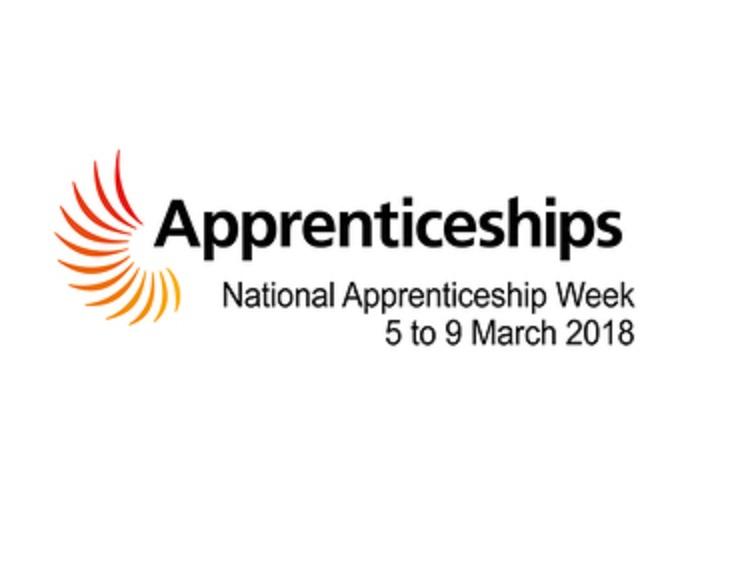Apprenticeship levy: five myths busted

National Apprenticeship Week 2018 (NAW 2018) takes place from 5 to 9 March. It will be a week-long celebration of apprenticeships in England designed to showcase how apprenticeships work for individuals, businesses, communities and the wider economy. During the Week, employers and apprentices from across England will come together to celebrate the success of apprenticeships while encouraging even more people to choose an apprenticeship as the pathway to a great career.
Ahead of National Apprenticeship Week, the Director of the National Apprenticeship Service Sue Husband challenges some of the key myths around the apprenticeship levy.
Myth #1: All businesses must pay the apprenticeship levy
Only employers that pay more than £3m in wages are liable to pay the apprenticeship levy. Levy-paying employers contribute 0.5pc of their paybill into a fund each month, which can be re-invested in apprenticeship training for their business. And for every £1 contributed, the government adds 10p. If you’re an employer with an annual pay bill under £3m then you don’t pay the levy – but the government will still fund 90pc towards the cost of your apprenticeship training.
Myth #2: Levy payers must hire more apprentices
All employers with a pay bill over £3m pay the levy regardless of whether they employ an apprentice. You don’t have to reinvest your levy payments, but if you don’t then your business may be losing out. Some employers wrongly see the levy as a payroll tax and, consequently, are forgoing access to a pot of money and new talent. Apprentices enable employers to grow their own talent and develop a motivated, skilled and qualified staff in a cost-effective way in line with their workforce needs. It’s in every employer’s interests to use their levy payments to invest in the quantity and quality of apprenticeships that their business offers, to help them acquire new skills and stay future-fit.
Myth #3: The Levy gives employers less control
The levy makes it easier for employers to choose apprenticeship training that best suits their needs. Funding follows employer choice, moving away from the previous provider-led model and meaning providers must be much more responsive to what employers need. Employers’ levy contributions are paid into an apprenticeship service account which allows them to choose and pay for apprenticeship training more easily. If an employer is in a group of companies paying the levy together, the group can collect their funds into a single account. Soon, the government will also allow levy-paying employers to transfer funds to other employers, through the apprenticeship service.
Myth #4: Levy funds can’t be used to train existing staff
Anyone can start an apprenticeship at any point in their life, whatever their age, background or career level. With levy funds, employers can train and upskill their existing workforce as well as hiring new recruits. Businesses can establish new apprenticeships and increase the number of apprentices they recruit while also up-skilling their existing workforce with higher or degree-level apprenticeships. You can use the levy funds to train existing employees who hold prior qualifications so long as the apprenticeship they are taking is relevant to their role and the most appropriate way of progressing or developing their career.
Myth #5: The levy doesn’t have any benefits
Through the levy, £2.5 billion will be invested by 2019/20 to boost the quantity and quality of apprenticeships, benefiting people, businesses, communities and our economy. There have been over 1.2 million apprenticeship starts since May 2015 and the government remains committed to reaching 3 million apprenticeship starts in England by 2020. With more money than ever, the government will be helping people of all ages and from all backgrounds access better quality apprenticeships and enabling growth of opportunities. Through the levy, the government is also investing £60m in supporting the training of apprentices from the poorest areas in the country and providing support for apprentices with learning or other disabilities, to ensure social mobility for all.
To find out more about the levy and information on taking on an apprentice visit: hireanapprentice.campaign.gov.uk











Responses